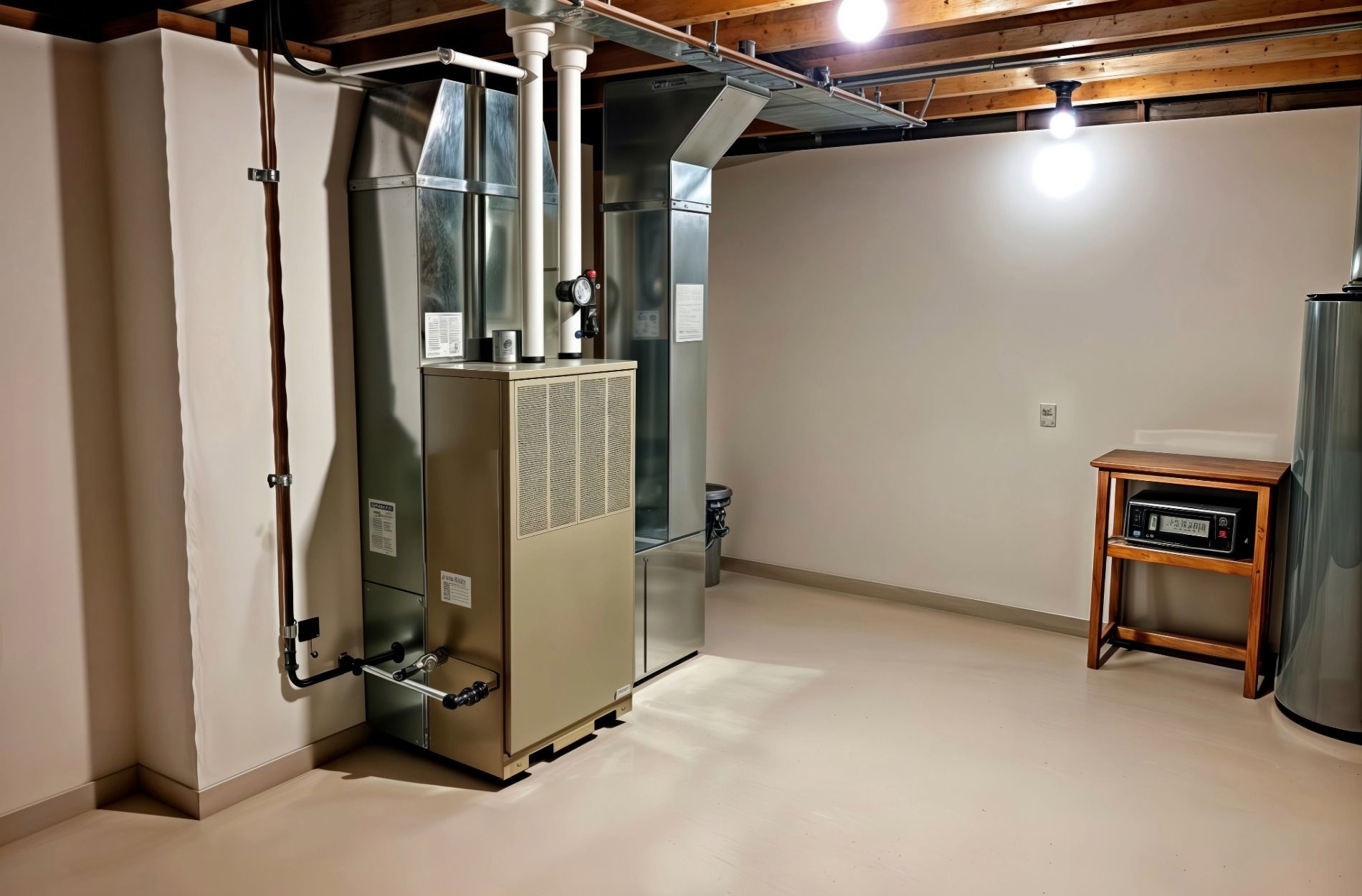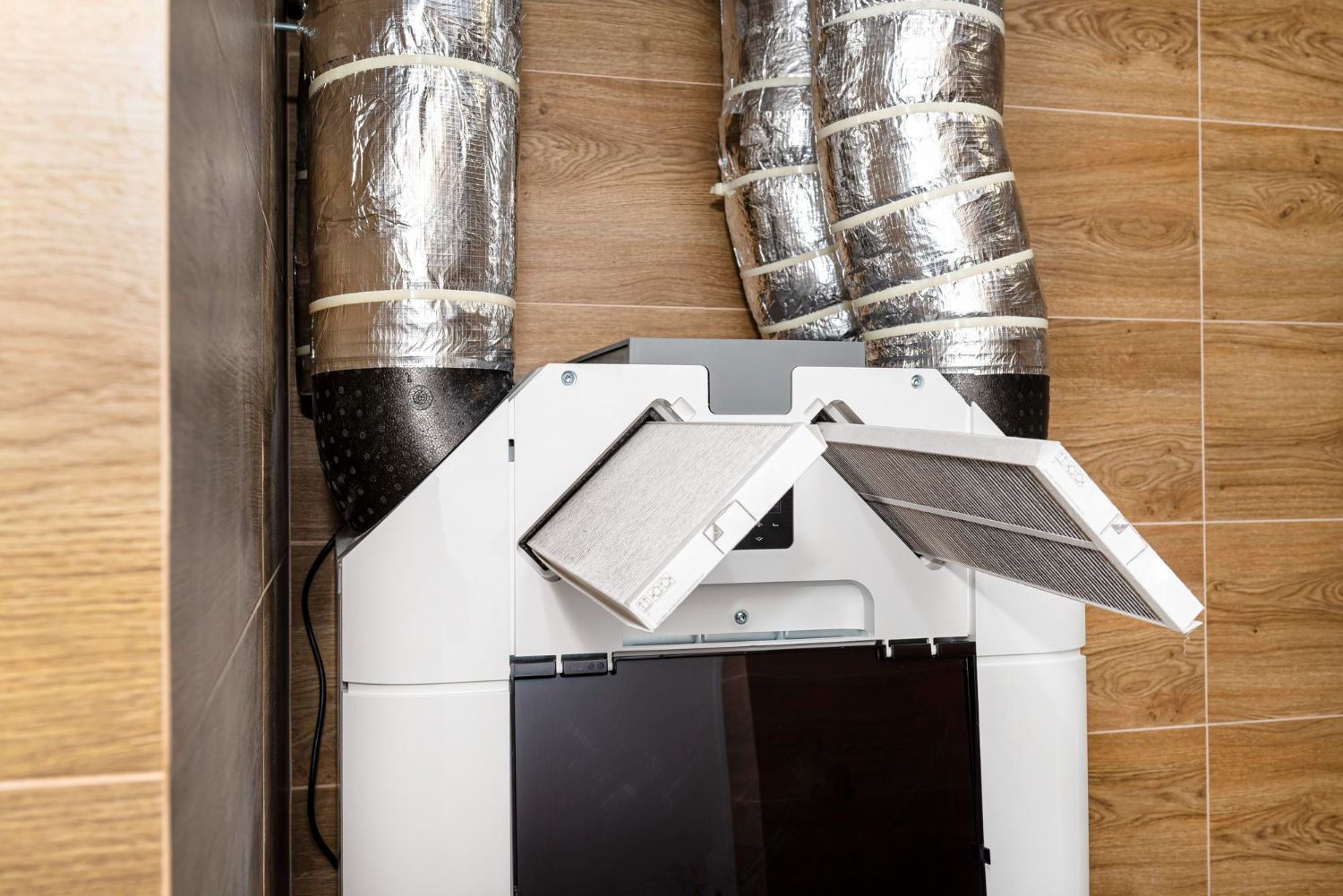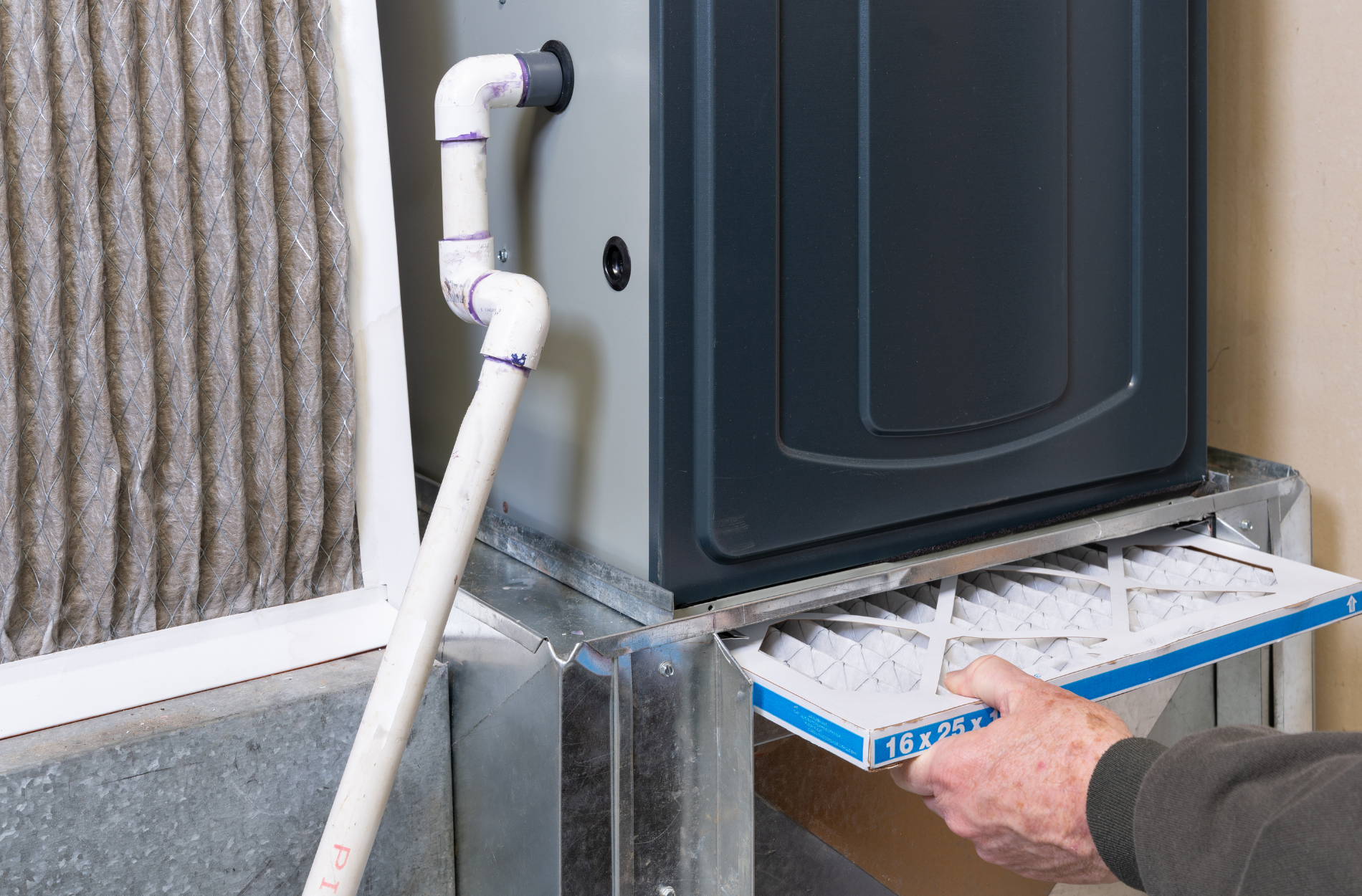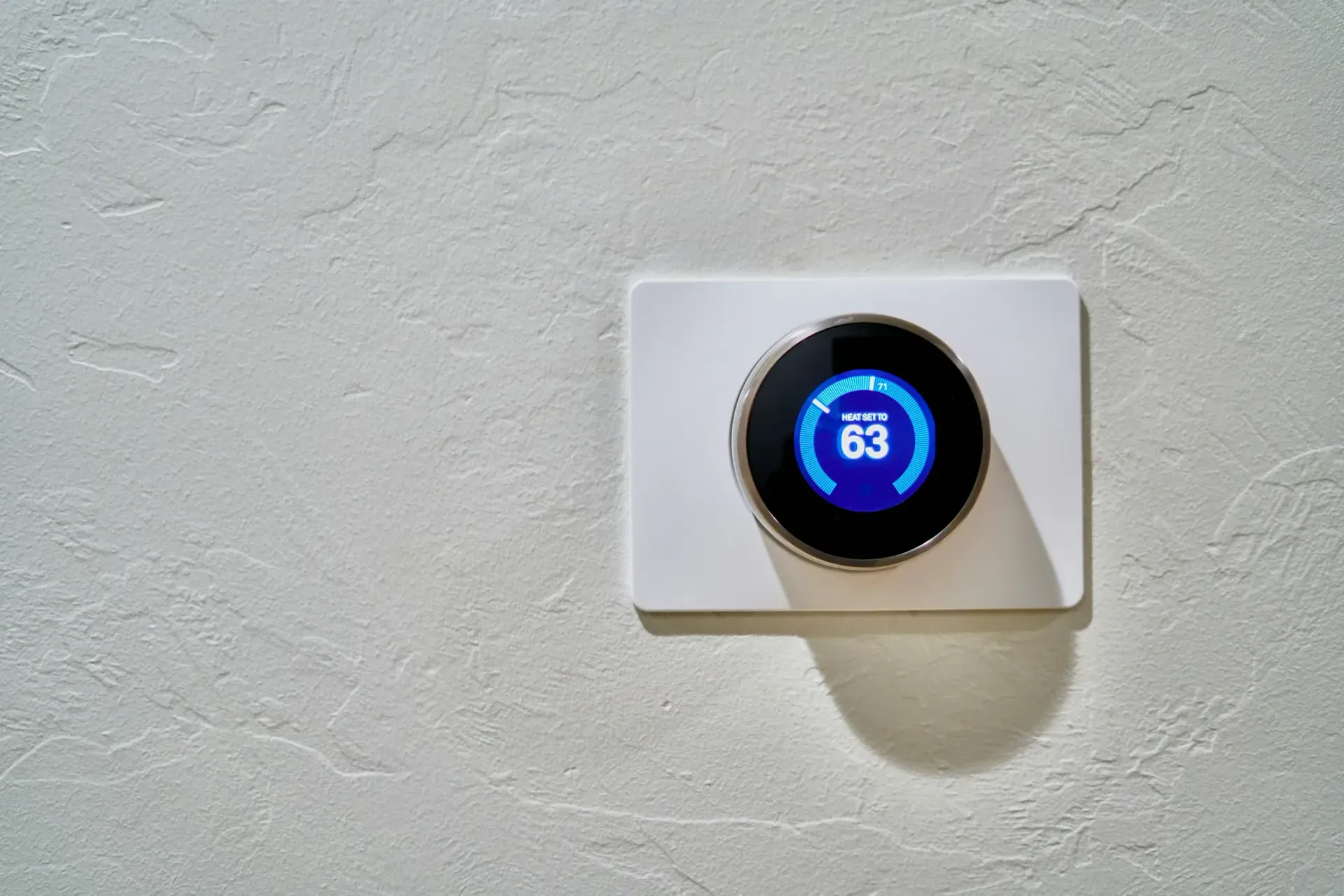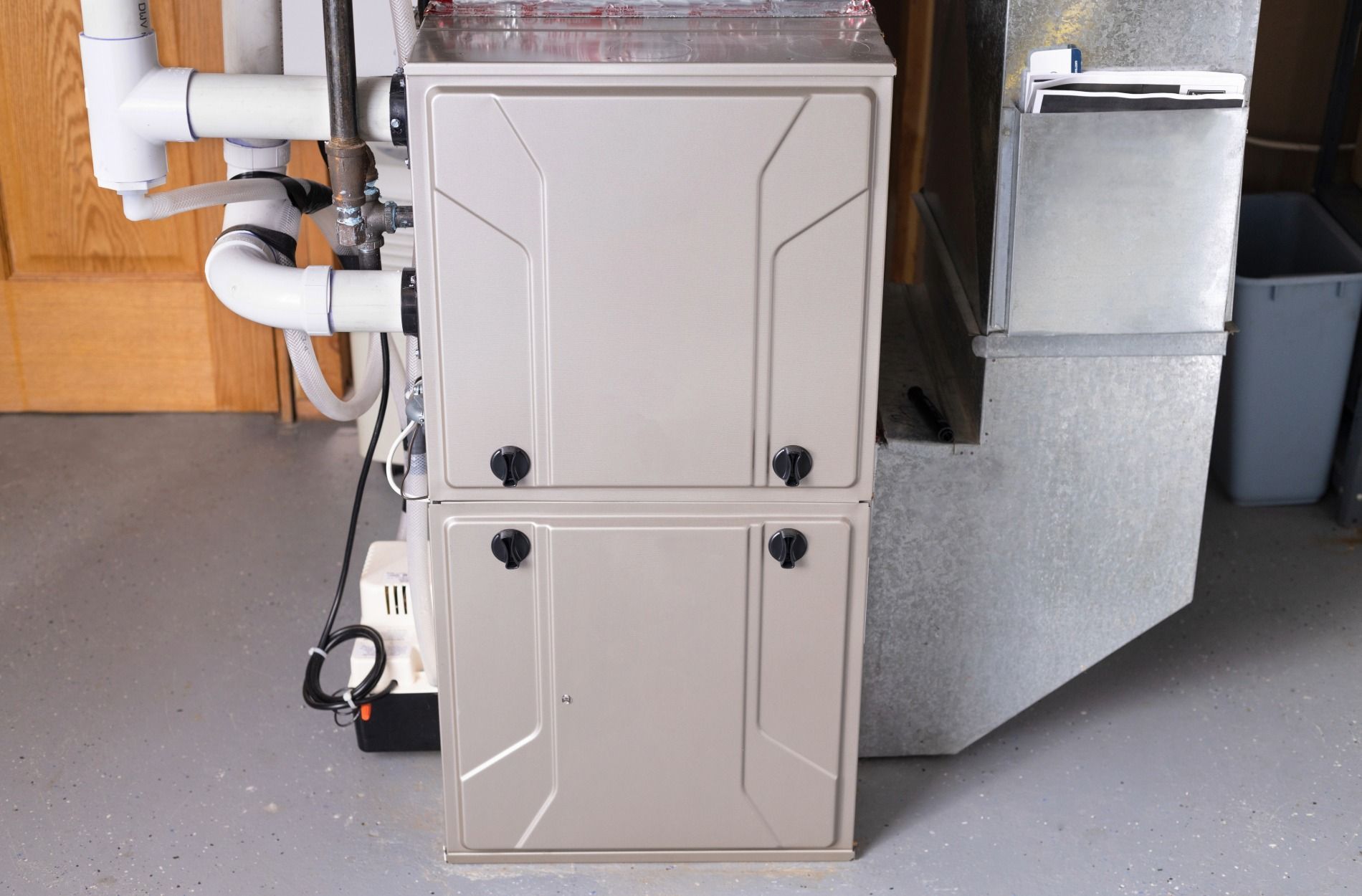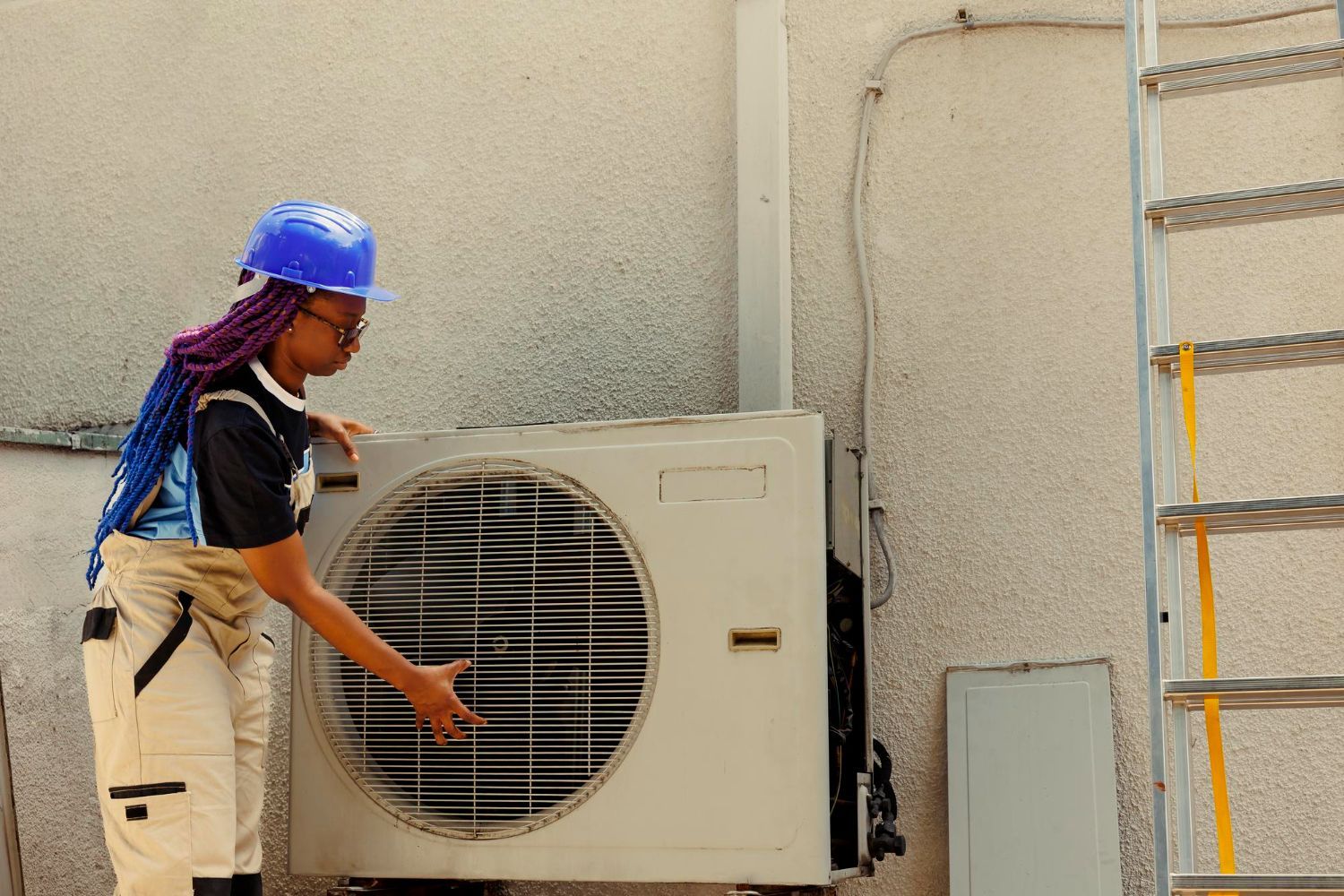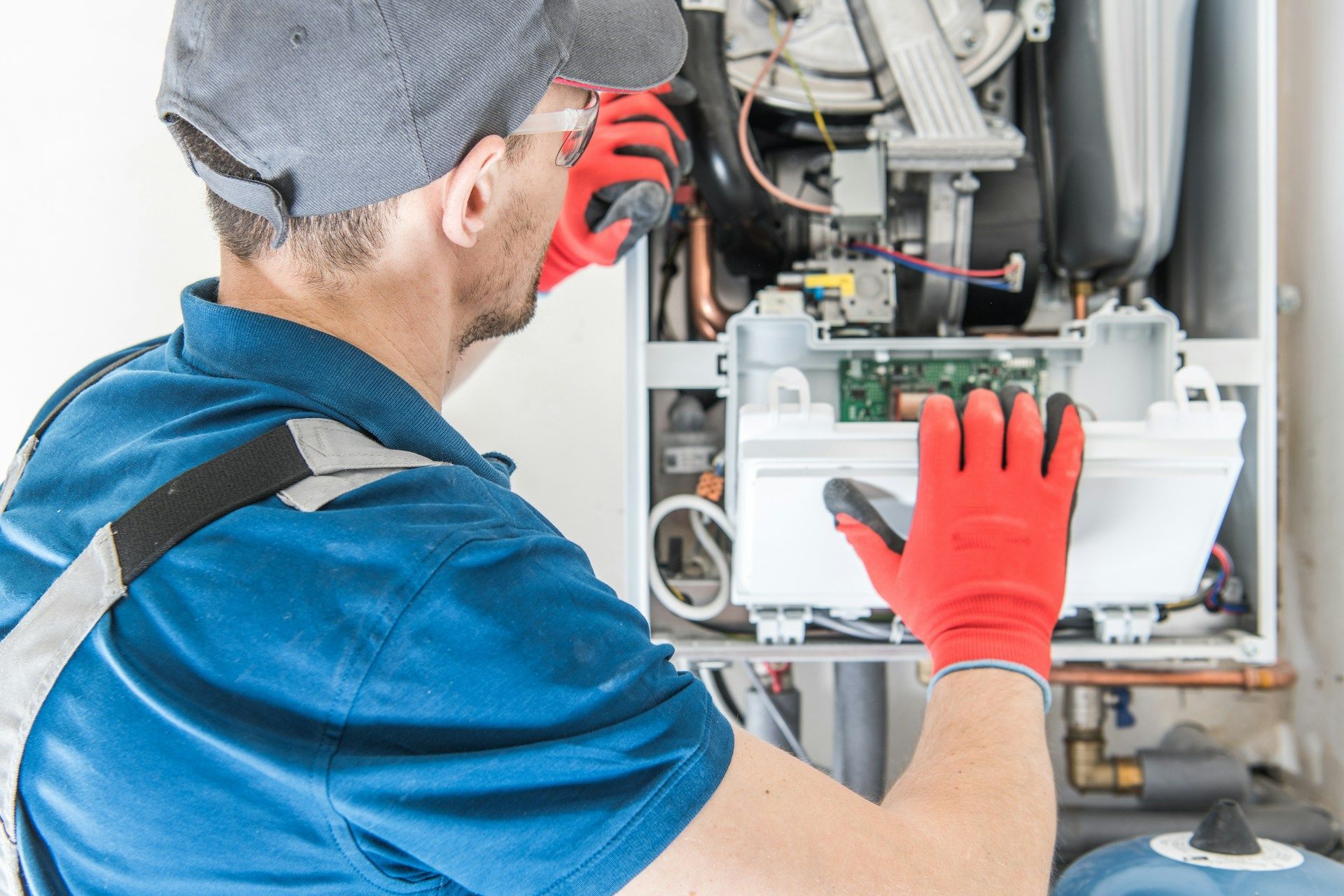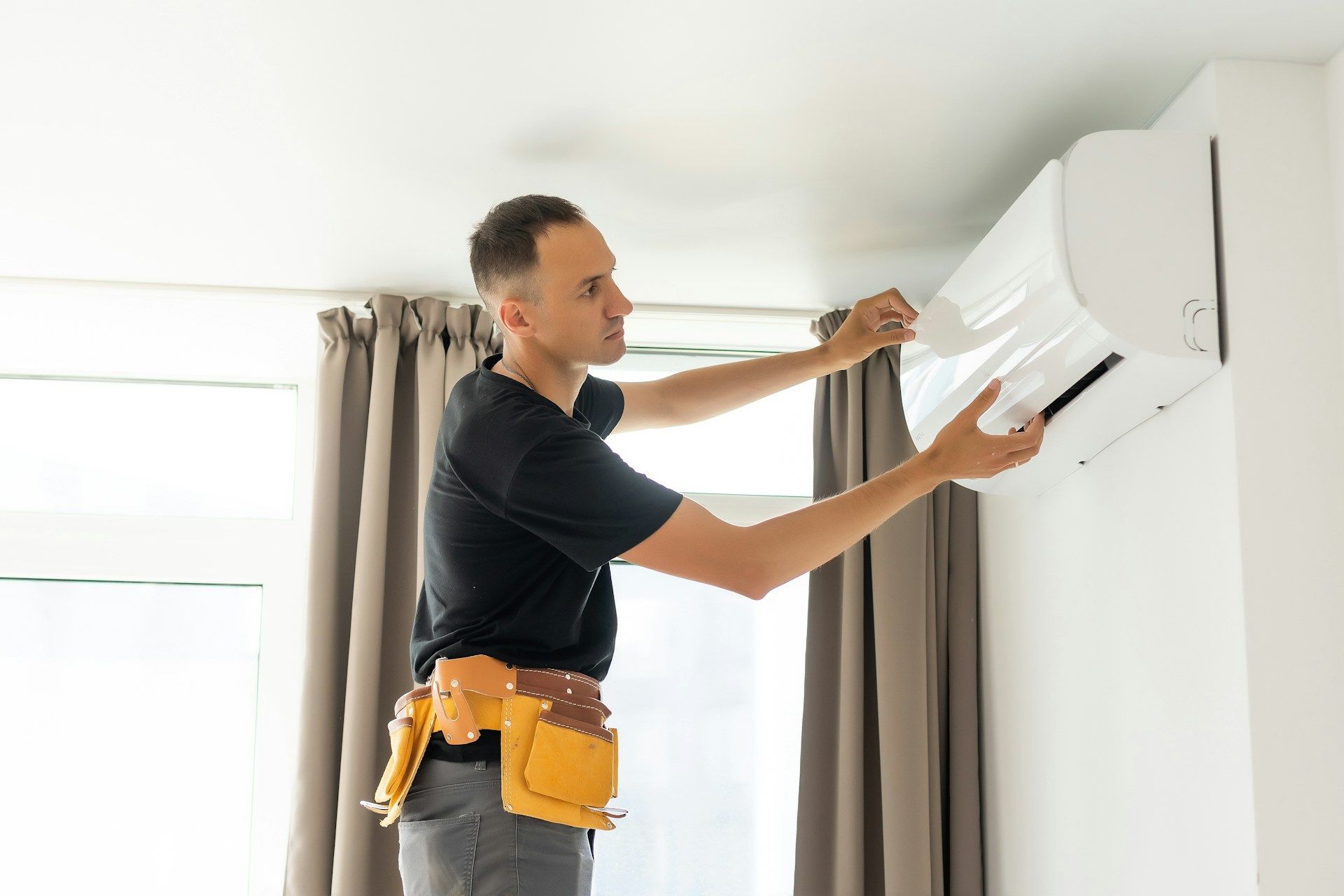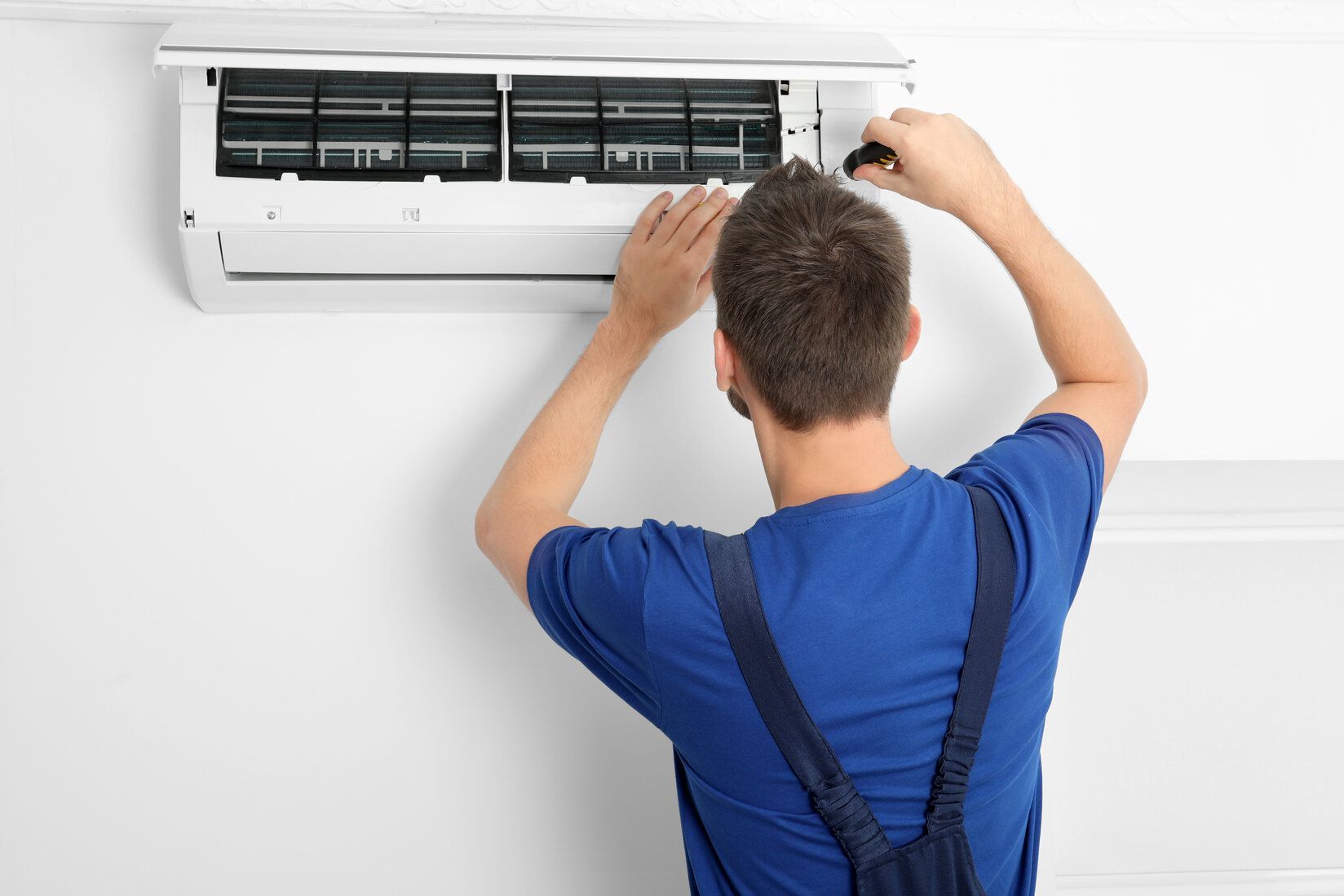What Causes Furnace Breakdowns During Bozeman Winters?
Common Causes of Breakdown That Need Immediate Furnace Repair in Bozeman
In Bozeman, winters are long, snowy, and cold. Because heating systems run almost nonstop, minor problems can grow into major breakdowns. Most issues trace back to airflow restrictions, worn-out components, poor maintenance, electrical faults, and environmental factors like altitude or wildfire smoke.
Let’s look at the main reasons.
1. Dirty Air Filters
A blocked filter keeps air from moving properly through the system. When airflow drops, the furnace works harder and overheats. Over time, this stress can damage important parts like the heat exchanger or blower motor.
Why it’s common in Bozeman:
Winter air is dry. Homes stay sealed, and dust builds up quickly. Many people forget to change filters regularly, so the problem builds until the furnace shuts down.
What this leads to:
- Higher energy use
- Overheating
- Poor airflow
- Total failure
2. Clogged Exterior Vents
Snow and ice can pile up and block the furnace’s outside vents. When the vent is blocked, your system shuts down to prevent carbon monoxide buildup.
What causes this:
- Snowstorms
- Ice buildup
- Windblown debris
Check exterior vents often, especially after storms.
3. Worn or Failing Components
Cold months mean long hours of continuous operation. This heavy use slowly wears out parts like:
- Blower motor
- Fan motor
- Ignition system
- Heat exchanger
When these parts weaken, the furnace may:
- Struggle to start
- Run inconsistently
- Overheat
- Shut down
Wear and tear are normal, but skipping maintenance and forgetting furnace gas valve replacement in Bozeman, Montana, makes failure much more likely.
4. Lack of Regular Maintenance
Most furnace problems start small. A yearly fall furnace maintenance in Bozeman, Montana, catches clogs, loose wiring, weak components, and dirt buildup before they cause trouble.
Without maintenance, dust and soot collect on heat exchangers, motors, and electrical parts. This lowers efficiency, raises utility bills, and increases the risk of a full breakdown.
5. Electrical Issues
Furnaces rely on sensors, controls, and wiring to operate safely. A tripped circuit breaker, loose wiring, or a faulty component can stop the system from turning on.
Cold weather can stress electrical parts, especially when the furnace cycles on and off throughout the night.
6. Thermostat Problems
Sometimes the furnace is fine, but the thermostat sends mixed signals. A malfunctioning thermostat may cause:
- No heat
- Short cycling (turning off too fast)
- Constant running
Incorrect calibration is a common reason.
7. Altitude + Poor Air Quality
Bozeman sits at a high altitude. Higher elevation affects combustion. If the system can’t get the right oxygen-to-fuel mix, soot builds up in the heat exchanger.
Bozeman also struggles with:
- Wildfire smoke
- Dust
These particles clog filters faster and add stress to the furnace.
8. Frozen Pipes or Coils
Extreme cold can freeze water lines or coils. When this happens, the system can’t move heat properly, and pressure buildup can cause serious damage. Some repairs can be expensive.
How to Prevent Winter Furnace Breakdowns
Here’s what helps keep your heat running all season.
1. Schedule Regular Maintenance
Get a professional inspection and furnace repair in Bozeman, Montana, once a year, ideally before winter. A technician will:
- Clean parts
- Test components
- Check wiring
- Catch early wear
This small step prevents the biggest and most expensive problems.
2. Change Filters Often
Replace or clean the air filters every month or after every 3 months during heavy winter use. A clean filter:
- Protects components
- Improves airflow
- Keeps energy bills down
This is the simplest way to avoid breakdowns.
3. Keep Exterior Vents Clear
Clear snow and ice from outside vents after storms. Even a small blockage can shut your system down.
4. Listen and Smell for Changes
New noises or strange smells usually mean trouble. If you notice rattling, burning smells, or loud humming, call a qualified gas furnace repair team in Montana before it fails.
5. Check Insulation
Good insulation keeps heat inside your home. This reduces stress on your furnace and helps it run less often.
Signs of poor insulation:
- Cold spots
- Drafts
- Constant cycling
If you suspect any of the above signs, call your nearest emergency furnace repair in Bozeman, Montana, to fully insulate your place. Once your home is insulated, it will keep your home comfortable and cozy with consistent heat in all the rooms.
Final Thoughts
Furnace breakdowns during Bozeman winters happen because the system works hard, the air quality is poor, and snow can easily block vents. Add dust, altitude, and aging parts, and problems build fast. What do you need? A little care and professional furnace repair in Bozeman keeps your home warm, your system healthy, and your winter calm.
If your furnace is acting up, waiting will only make the damage worse. Premier Systems Heating, Air Conditioning & Boilers is your local team that knows Bozeman winters inside and out. We handle fast diagnostics, repairs, and seasonal tune-ups to keep your home warm without surprise breakdowns. From clearing vents to fixing worn parts, we do it right the first time.
Reach out today at 406-629-1583 to schedule our
HVAC Services in Montana and keep your heat running strong all winter.

